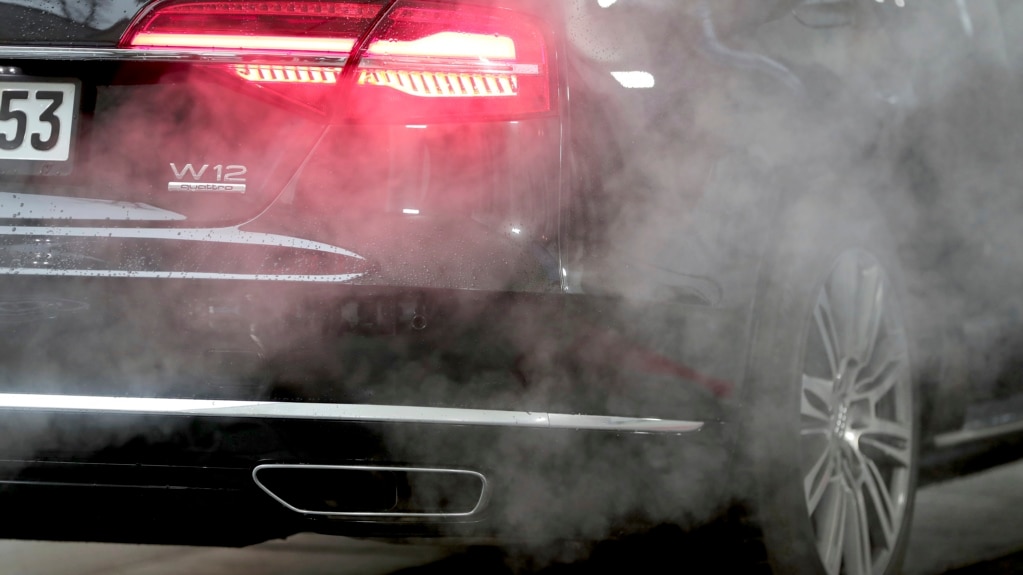Germany’s transport minister says his country cannot support a planned European Union ban on new cars with combustion engines until the proposal is changed.
Minister Volker Wissing is seeking to have language added to the proposal that would permit sales of new combustion engines that run on cleaner burning synthetic fuels.
Wissing said synthetic fuels can be produced using renewable energy and carbon captures from the air. Supporters of such fuels say they would not release any further climate-changing pollution, or emissions, into the atmosphere.
EU lawmakers and member states reached an early deal last year to force carmakers to reduce new vehicle emissions by 55 percent in 2030 compared to 2021 levels. The plan calls for a 100 percent reduction in 2035.
The proposal effectively means the sale of new cars burning hydrocarbon-based fuels, such as petroleum, would be banned.
But some countries, including Germany, had asked the EU’s executive Commission to come up with an exemption for cars that burn synthetics. Wissing has said the EU Commission should propose a new rule permitting combustion engines to be registered after 2035 if they can prove they run on synthetic fuels.
Critics say battery-electric technology is a better fit for passenger cars. They have suggested that valuable synthetic fuels should be used only in cases where no other possibility exists, such as with airplanes.
Benjamin Stephan of environmental group Greenpeace says studies show the same amount of electricity will take a battery-powered vehicle five times further than a car-powered by synthetic fuels.
Stephan said he does not think such synthetic fuels will play an important part for passenger vehicles. He urged Germany’s automotive industry to instead invest in electronic vehicles.
I’m Bryan Lynn.

